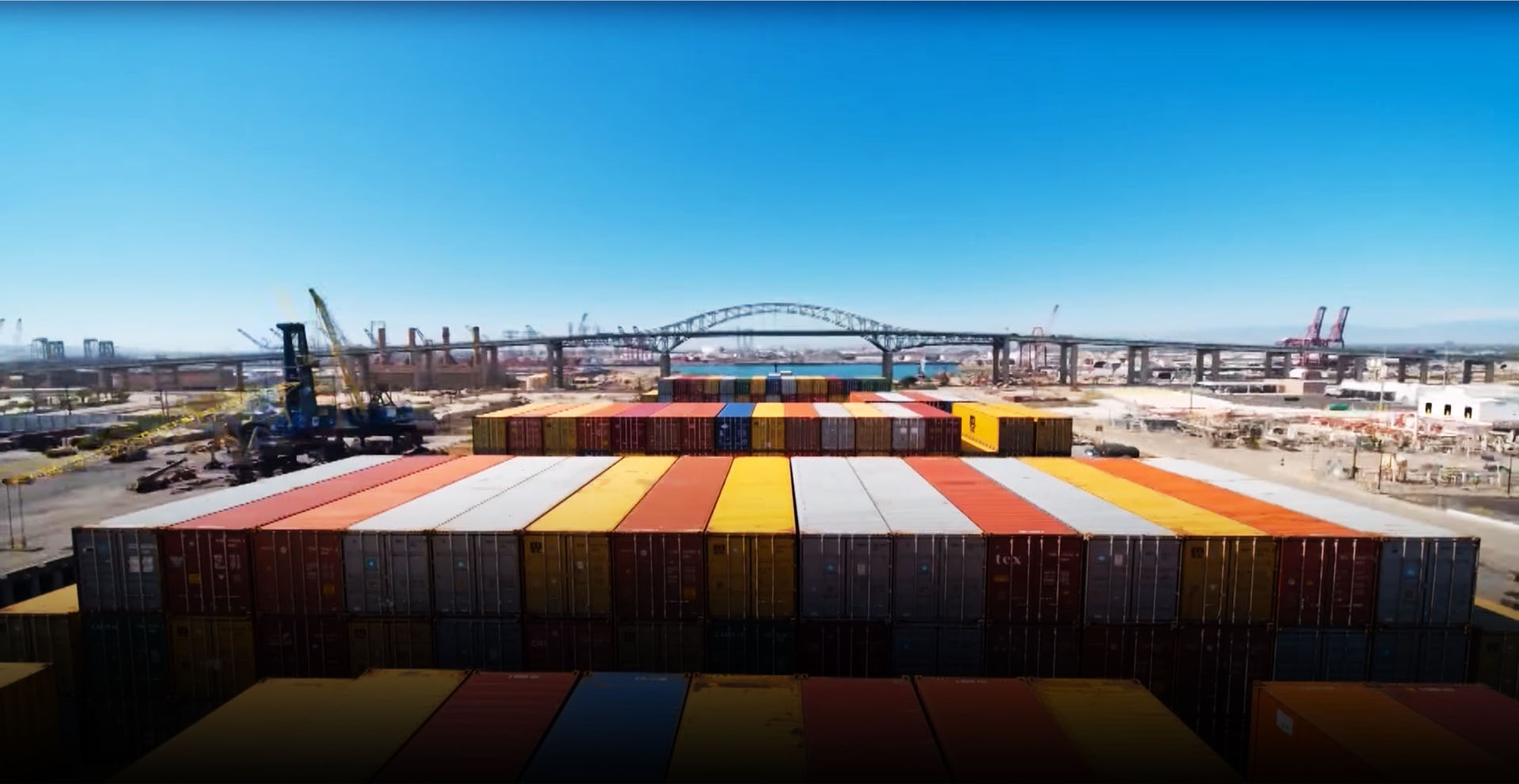Research Projects
Stop the VideoResearch Projects


STATUS: Complete
YEAR: 2019
TOPIC AREA: E-commerce and urban freight Transportation planning, policy, and finance
CENTER: PSR
Smart Freight Transportation with Behavioral Incentives
Project Summary
Project number: PSR-19-SP94
Funding source: National Science Foundation (NSF)
Funding amount: $1,109,871
Performance period: 10/1/2019 to 9/30/2024
Research Publications: https://www.nsf.gov/awardsearch/showAward?AWD_ID=1932615&HistoricalAwards=false
Project description
The purpose of this project is to develop new methods to increase the efficiency of freight activity, thereby reducing air pollution and GHG emissions associated with the freight sector. There are widespread inefficiencies in the freight transport system, many due to lack of coordination across actors in the system: railroads and trucking firms, shipping companies, cargo owners, and port operators. There is a need for a centrally coordinated freight management system that will optimize the flow of freight across the rail and road transportation networks. These networks are very complicated: freight and passengers share the same infrastructure; there is temporal and spatial variation in demand; there are many decision-makers affecting the system.
We use optimization and control theory and techniques combined with behavioral models to develop a centrally managed control system. The fundamental concept is efficient freight load balancing, meaning allocating freight demand across time and space to serve the entire set of demands as efficiently as possible. In order to accomplish optimal load balancing, we must address two questions: 1) What is the most efficient and sustainable spatio-temporal allocation of freight shipments across the road network, and 2) what incentives and pricing tools will motivate users to accept this allocation. The second question is necessary, because a system optimization requires changes in behavior for some users relative to each user optimizing independently.
Our research approach is co-Simulation, Control and Optimization with BEhavioral incentives (SCOBE). We use simulation models as part of a closed loop optimization system where the system dynamics and user behavior are monitored and updated. Once we allow for variation in user preferences, conventional approaches to solving the system optimization problem are inadequate. Rather, we must take user preferences directly into account in order to determine the best combination of shipment allocations and user incentives.
This project makes the following contributions: First, it advances science by developing a method for system optimization with variation in user preferences. Second, the resulting method will be demonstrated through the participation of at least one trucking company to evaluate its value in a real-world context. Third, particulate emissions from heavy duty trucks are one of the largest sources of human health impacts in urbanized areas. Increasing freight efficiency will reduce particulate and other emissions, as well as reduce GHG emissions. Fourth, the research will be used to promote under-represented undergraduate students to pursue graduate studies, and promote under-represented high school students to pursue careers in the STEM fields.
P.I. NAME & ADDRESS
Petros IoannouProfessor of Electrical Engineering Systems, Ming Hsieh Department of Electrical Engineering; USC Viterbi School of Engineering
3740 McClintock Avenue
Hughes Aircraft Electrical Engineering Center (EEB) 200BLos Angeles, CA 90089-2562
United States
ioannou@usc.edu
CO-P.I.
Maged DessoukyDean's Professor and Chair, Daniel J. Epstein Department of Industrial and Systems Engineering
3715 McClintock Ave.
Ethel Percy Andrus Gerontology Center (GER) 206ALos Angeles, CA 90089-0193
United States
maged@rcf.usc.edu
Genevieve Giuliano
Professor; Margaret and John Ferraro Chair in Effective Local Government; Senior Associate Dean for Research and Technology; Director, METRANS , Sol Price School of Public Policy
650 Childs Way
Ralph and Goldy Lewis Hall (RGL) 216Los Angeles, CA 90089-0626
United States
giuliano@price.usc.edu















